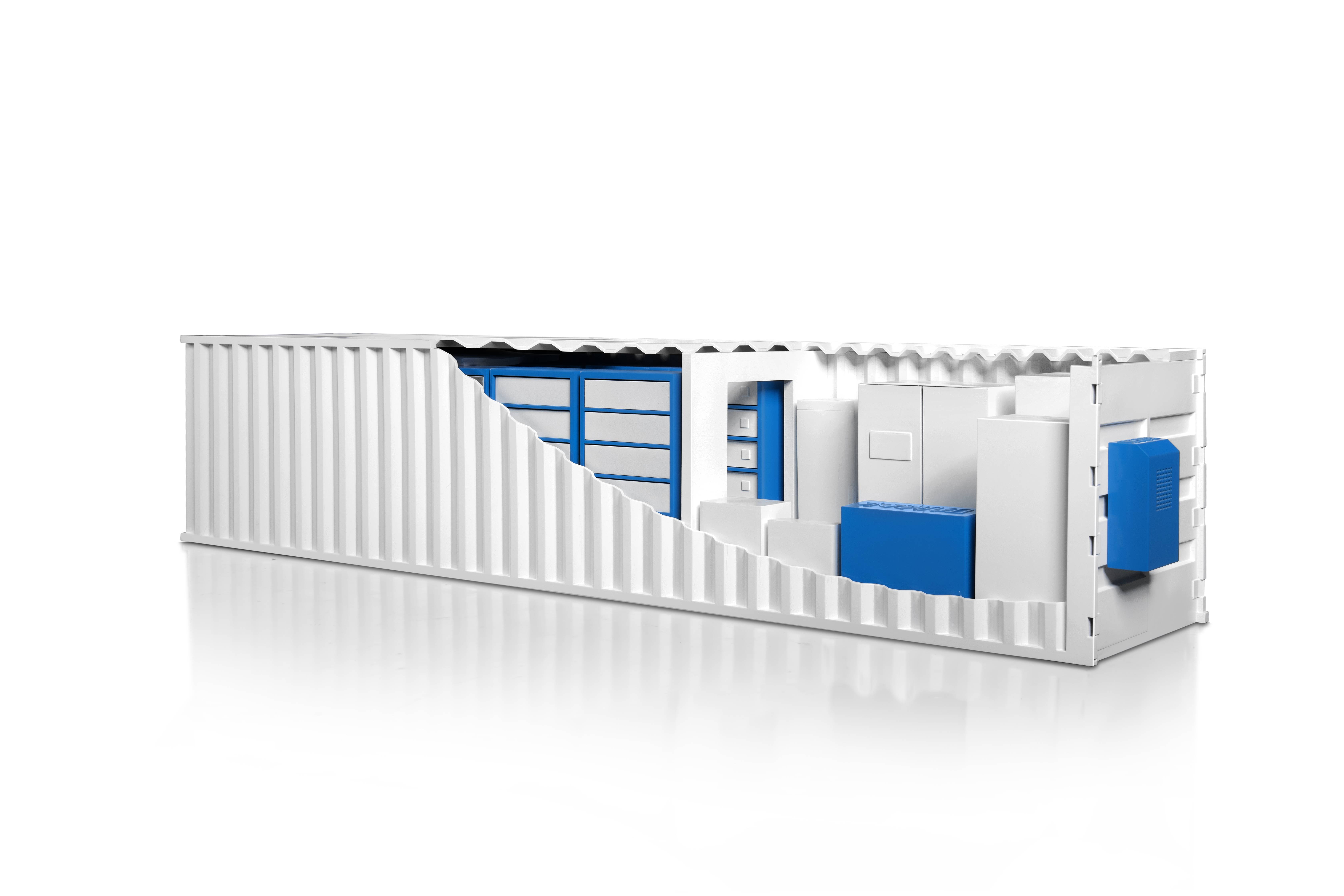
Dec . 05, 2024 15:43 Back to list
home power supply ac or dc supplier
Home Power Supply AC or DC Supplier?
When it comes to powering our homes, the choice between alternating current (AC) and direct current (DC) has long been a topic of discussion. Understanding the difference between these two types of electrical current and the benefits of each can help homeowners make informed decisions regarding their power supply and appliances.
Understanding AC and DC
Alternating current (AC) is the type of electrical current that is supplied to our homes by the utility companies. In AC, the flow of electric charge periodically reverses direction. The voltage in AC circuits also alternates, typically reaching a peak value, then returning to zero, and moving to a negative peak. This process occurs many times per second, commonly at 60 Hertz in North America and 50 Hertz in many other parts of the world.
In contrast, direct current (DC) is a unidirectional flow of electric charge, where the electric charge flows in a constant direction. This type of current is commonly used in batteries, solar panels, and electronic devices such as laptops, smartphones, and LEDs.
The Advantages of AC Power
AC power is preferred for residential use for several reasons. Firstly, it is easier to transmit over long distances. When energy is generated at a power plant, it is often transformed to a high voltage level to minimize energy loss during transmission. After the electricity travels through the power lines, it is stepped down to lower voltages for use in homes.
Moreover, due to the transformers used in AC systems, it is possible to change the voltage levels easily and efficiently. This means that AC can be generated at high voltages and then converted to lower voltages that are suitable for home use, which is not as straightforward with DC.
AC also powers most home appliances and lighting fixtures, providing a stable and reliable source of energy for common devices. From refrigerators to air conditioners, AC is the standard for household electricity.
home power supply ac or dc supplier

The Rise of DC Power in Modern Homes
While AC has long been the dominant form of residential power supply, the popularity of DC is on the rise, particularly with the increasing use of renewable energy sources and electronic devices. Solar panels, for example, generate electricity in DC form, which must then be converted to AC for home use unless specifically designed for DC applications.
Moreover, many modern electronics, such as computers, tablets, and LED lighting systems, operate efficiently on DC power. This has led to a growing movement towards the implementation of DC microgrids in residential areas. These systems allow homeowners to draw power directly from their solar panels and store it in batteries, using it to power their DC-compatible devices.
Integrating AC and DC in the Home
The trend towards a hybrid energy system is gaining traction. Homeowners can install inverter systems that convert DC to AC, allowing the use of both types of current. This setup provides flexibility as it caters to the prevalent AC appliances while also utilizing the growing number of DC devices.
Furthermore, with advancements in technology, some appliances are now designed to be dual-compatible, able to operate on both AC and DC currents. This adaptability enables more efficient energy usage and positions homeowners to benefit from innovations in the energy sector.
Conclusion
In conclusion, the choice between AC and DC power supply ultimately depends on individual needs and the specific applications within the home. AC remains the primary power source due to its transmission efficiency and compatibility with existing household appliances. However, with the rise of renewable energy and a growing number of DC-compatible devices, integrating both types of current is becoming increasingly practical for modern households. By understanding the advantages of each system, homeowners can make better decisions about their energy consumption, leading to a more efficient and sustainable lifestyle. As technology continues to evolve, so too will the methods we use to power our homes.
-
AI-Powered EMS with GPT-4-Turbo | Efficiency Boost
NewsAug.01,2025
-
Optimized Storage System for GPT-4-Turbo | High Performance
NewsJul.31,2025
-
AI Energy Management System w/ GPT-4 Turbo Efficiency
NewsJul.31,2025
-
High-Performance Energy Storage System for Reliable Power Solutions
NewsJul.30,2025
-
Advanced EMS Solutions for Energy Management System & Storage Battery Companies
NewsJul.29,2025
-
Intelligent Energy Management for Homes - Efficient Storage Solutions
NewsJul.29,2025























